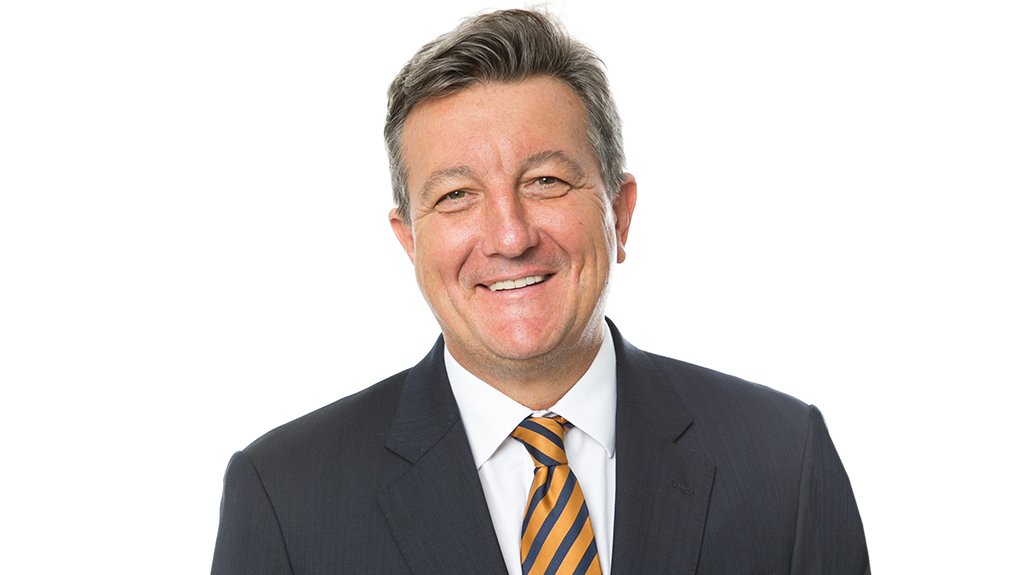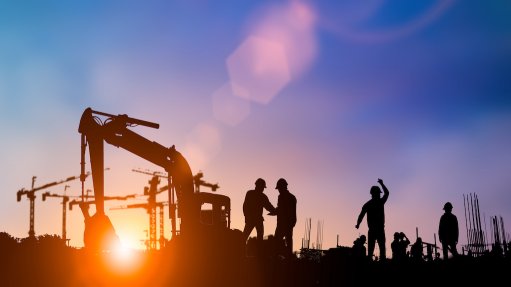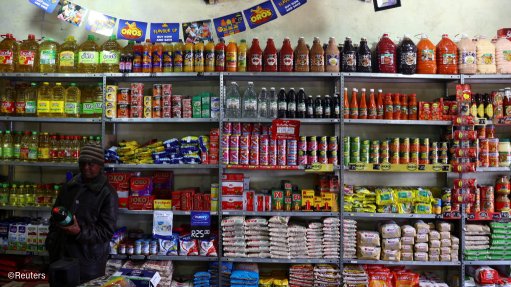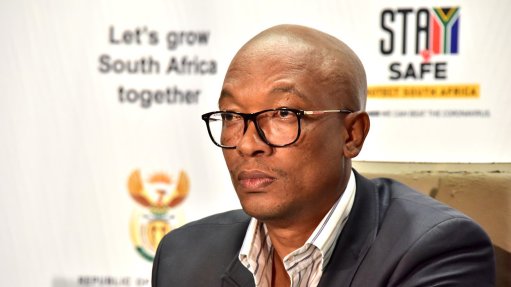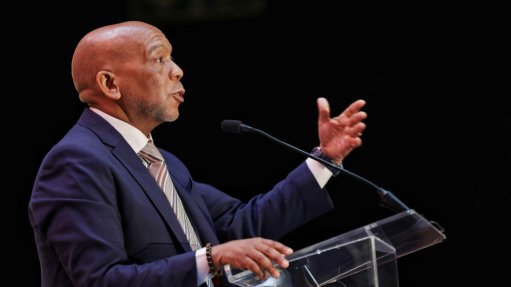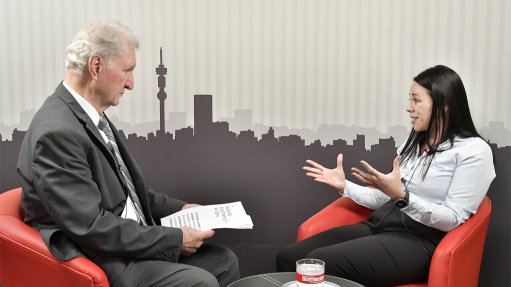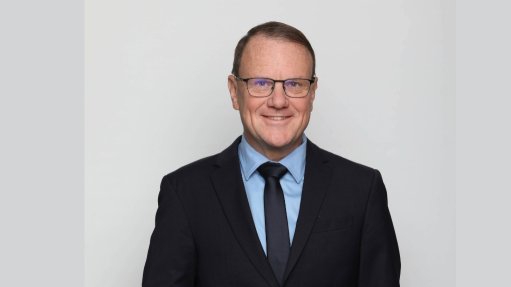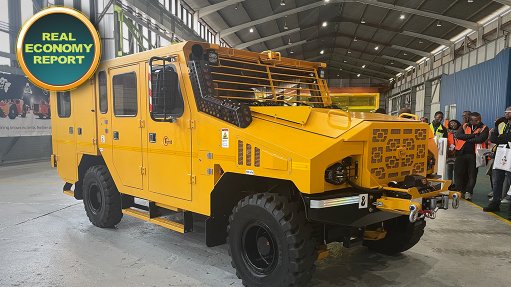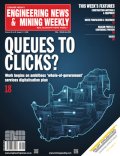Opinion: Of Brics, civil liberties and tackling climate change
In this article, Norton Rose Fulbright South Africa director and Africa head Greg Nott writes about the role South Africa played in this year's Brazil, Russia, India, China and South Africa (Brics) Summit and the expansion of the Brics bloc.
What a difference a day makes in politics. In this case, what a difference a week made! I recall the swirling debates over the years about whether South Africa should even be included as a member of Brics. Yet this year, President Cyril Ramaphosa impressed naysayers with his flair for diplomacy and united the metaphorical Brazilian jaguar, the Russian bear, the Chinese dragon and the Indian tiger.
Our South African Ankole gracefully sidestepped a few political landmines and even managed to lead the quest to add a few more friends (and a nuclear dynamo) to the Brics party, namely Argentina, Egypt, Ethiopia, Iran, Saudi Arabia and the United Arab Emirates. It may have felt like a coup de grâce for our President’s detractors as we head into election campaign season, but I digress.
This year’s Brics Summit, held in Johannesburg, resulted in wall-to-wall news coverage in South Africa and many other nations. Whereas South Africa’s participation in Brics has quite literally been brushed aside as ‘not much to see here’ in previous years, the August 2023 Summit gained the attention of politicians, experts, analysts and reporters across the globe because of South Africa’s emerging role as a cog in the wheel of a growing geopolitical formation in which it is a small, but not insignificant player.
The Bric partnership was a term coined by Goldman Sachs economist, Jim O’Neill in 2001 to describe fast-growing economies that he postulated would dominate the global economy by 2050. He didn’t include the ‘S’ in Brics – and South Africa only joined Brics in 2010 after being formally invited to join by our largest trading partner, China.
The Bric were originally identified for the purpose of highlighting investment opportunities of future global superpowers and they did not have any formal intergovernmental organisation. But since 2009, Bric – and now Brics and soon-to-be Brics Plus – has increasingly formed into a more cohesive geopolitical bloc that is a rival to the Group of 7 nations.
Representing almost half of the world’s population and a quarter of the world’s gross domestic product, bilateral relations among Brics members are conducted mainly on the basis of non-interference, equality, and mutual benefit.
RELIGIOUS AND CIVIL LIBERTIES NOT A PRIORITY FOR BRICS
It was Aristotle who said, “The basis of a democratic state is liberty”. Whatever your religious views, it is always important for nations to uphold religious liberties because a decrease in religious freedoms is coupled with an increase in discrimination, loss of individual rights and in extreme cases, imprisonments, tortures and beheadings.
The Freedom Charter enshrines religious freedom for all South Africans and in this way, South Africa is very different from its current, and some of its new Brics members. As the Rainbow Nation, we have gained global recognition and praise for the way in which we celebrate and ensure religious diversity in this nation.
According to the US Commission on International Religious Freedom's 2020 report, Christians in China, India, Iran, Russia, Saudi Arabia are persecuted; these countries are labelled "countries of particular concern" by the US Department of State, because of their governments' engagement in, or toleration of, "severe violations of religious freedom".
The same report recommends that the most recently invited Brics member, Egypt be added to the US State Department's "special watchlist" of countries in which the government allows or engages in "severe violations of religious freedom".
The Chinese government’s ongoing human rights abuses against Muslim Uyghurs and other ethnic and religious minorities in Xinjiang is also well documented.
The agreement among current Brics members is one of non-interference in domestic matters, but where would we be, if other nations took a ‘non-interference’ stance on Apartheid? We should not allow the new chorus of voices joining Brics in January 2024, to cause us to loosen our commitment to religious diversity and inclusion.
CLIMATE CHANGE NOT HIGH ON THE AGENDA
Environmental, social and governance considerations are high on the agenda for several African nations, especially because our continent is more adversely affected by climate disasters.
In a previous Daily Maverick article, I wrote about African nations facing an increasingly dire reality of droughts, flooding, extreme precipitation and rainstorms manifesting in new and harmful ways. Although Africa accounts for only 3.8% of global greenhouse-gas emissions – the smallest of any continent – we are particularly vulnerable to climate change.
The Institute of Security Studies recently published an article arguing that Brics could be the catalyst for a new global alliance to power solutions to the world’s climate crisis. Although South Africa is currently the only African member in Brics, when Egypt and Ethiopia join next year January, we should ensure that we speak as a collective voice, representing our African peers on the issue of climate change.
Many Brics members outside of Africa are high carbon emitters who depend on fossil fuels. In fact, Brics partners China, India and Russia (together with the US), are in the top four global carbon emitters. China, the world’s biggest emitter of carbon dioxide, produces 12.7 billion metric tons of emissions annually. That dwarfs US emissions, currently about 5.9-billion tons annually.
There has been little progress on climate change multilateral negotiations at a global level and African leaders have called for greater accountability among the world’s biggest emitters. In theory, Brics’ new alliances could help accelerate responses and investments into renewable energy and reduce climate risk. But South Africa needs to keep this front and centre of the agenda as it engages in the new Brics Plus forum.
American Founding Father and political activist, Thomas Paine said, "Moderation in temper is always a virtue; but moderation in principle is always a vice". While we are navigating the waters of a growing Brics, we should hold onto our principles, lest we find ourselves as journalist Edward R Murrow warned, "a nation of sheep begetting a government of wolves".
Comments
Announcements
What's On
Subscribe to improve your user experience...
Option 1 (equivalent of R125 a month):
Receive a weekly copy of Creamer Media's Engineering News & Mining Weekly magazine
(print copy for those in South Africa and e-magazine for those outside of South Africa)
Receive daily email newsletters
Access to full search results
Access archive of magazine back copies
Access to Projects in Progress
Access to ONE Research Report of your choice in PDF format
Option 2 (equivalent of R375 a month):
All benefits from Option 1
PLUS
Access to Creamer Media's Research Channel Africa for ALL Research Reports, in PDF format, on various industrial and mining sectors
including Electricity; Water; Energy Transition; Hydrogen; Roads, Rail and Ports; Coal; Gold; Platinum; Battery Metals; etc.
Already a subscriber?
Forgotten your password?
Receive weekly copy of Creamer Media's Engineering News & Mining Weekly magazine (print copy for those in South Africa and e-magazine for those outside of South Africa)
➕
Recieve daily email newsletters
➕
Access to full search results
➕
Access archive of magazine back copies
➕
Access to Projects in Progress
➕
Access to ONE Research Report of your choice in PDF format
RESEARCH CHANNEL AFRICA
R4500 (equivalent of R375 a month)
SUBSCRIBEAll benefits from Option 1
➕
Access to Creamer Media's Research Channel Africa for ALL Research Reports on various industrial and mining sectors, in PDF format, including on:
Electricity
➕
Water
➕
Energy Transition
➕
Hydrogen
➕
Roads, Rail and Ports
➕
Coal
➕
Gold
➕
Platinum
➕
Battery Metals
➕
etc.
Receive all benefits from Option 1 or Option 2 delivered to numerous people at your company
➕
Multiple User names and Passwords for simultaneous log-ins
➕
Intranet integration access to all in your organisation



